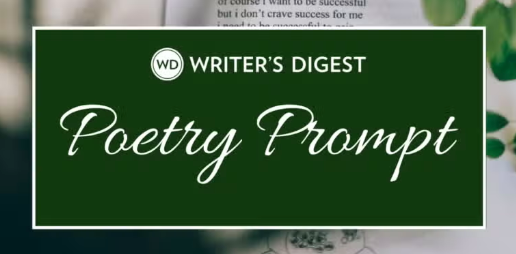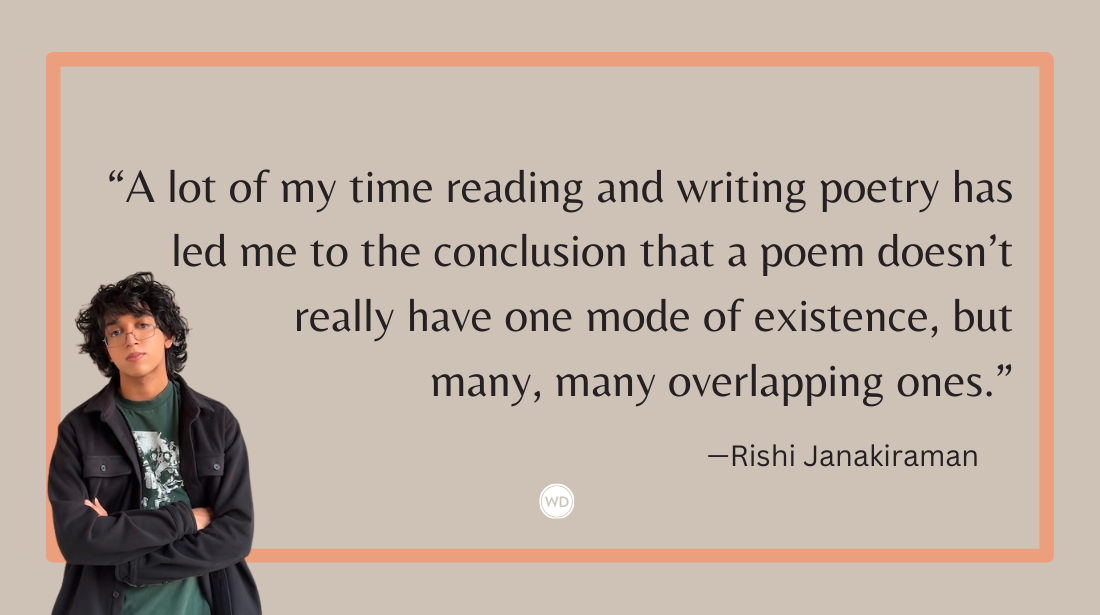Odes: Poetic Forms
Learn what an ode is and how to write one, including the three types of odes. Find guidelines for this poetic form and an example ode here.
The ode is a poetic form formed for flattery. There are three types of odes: the Horation; the Pindaric; and the Irregular.
The Horation ode (named for the Latin poet, Horace) contains one stanza pattern that repeats throughout the poem--usually 2 or 4 lines in length.
The Pindaric ode (named for the Greek poet, Pindar) is made up of a pattern of three stanzas called triads. This type of ode can be composed of several triads, but the first (the strophe) and the second (antistrophe) should be idnentical metrically with the third (epode) wandering off on its own metrical path.
The irregular ode (named for no one in particular) does away with formalities and focuses on the praising aspect of the ode.
*****
Play with poetic forms!
Poetic forms are fun poetic games, and this digital guide collects more than 100 poetic forms, including more established poetic forms (like sestinas and sonnets) and newer invented forms (like golden shovels and fibs).
*****
My attempt at an example ode:
Many odes are longer poems, but I'm going to share a basic example of my irregular ode here:
"Ode to Rain"
Without rain
there would be no frog
to leap into the pond.
No pond.
No sound.
Of course, this piece is also tipping its hat to Basho's famous haiku as well.






